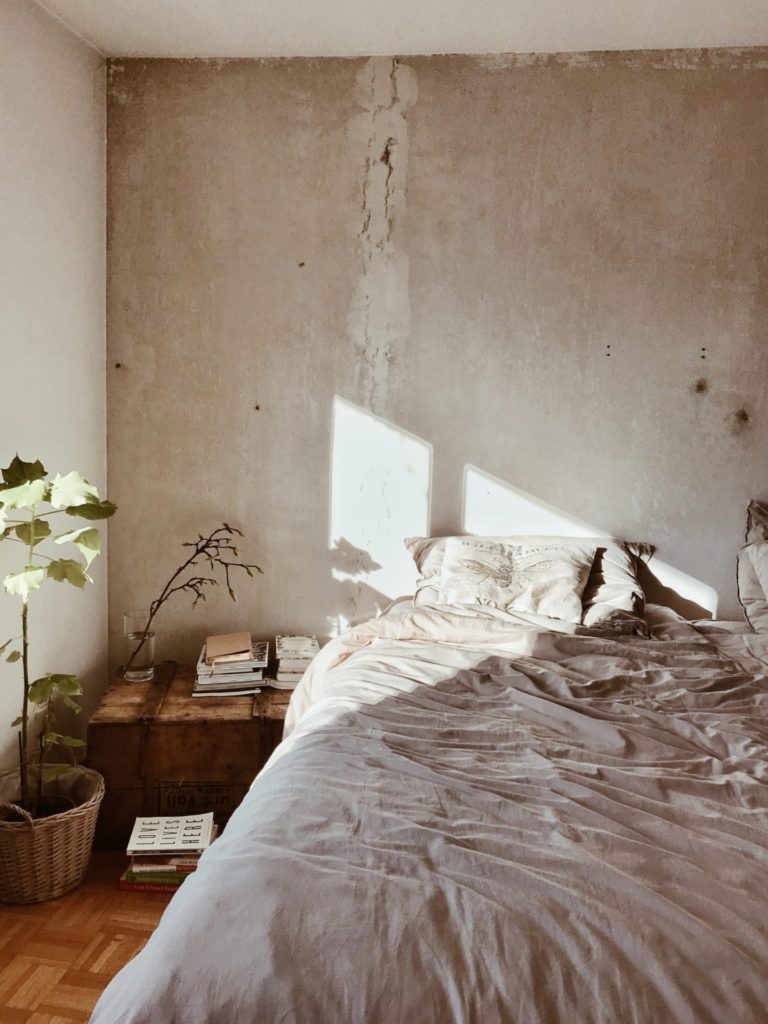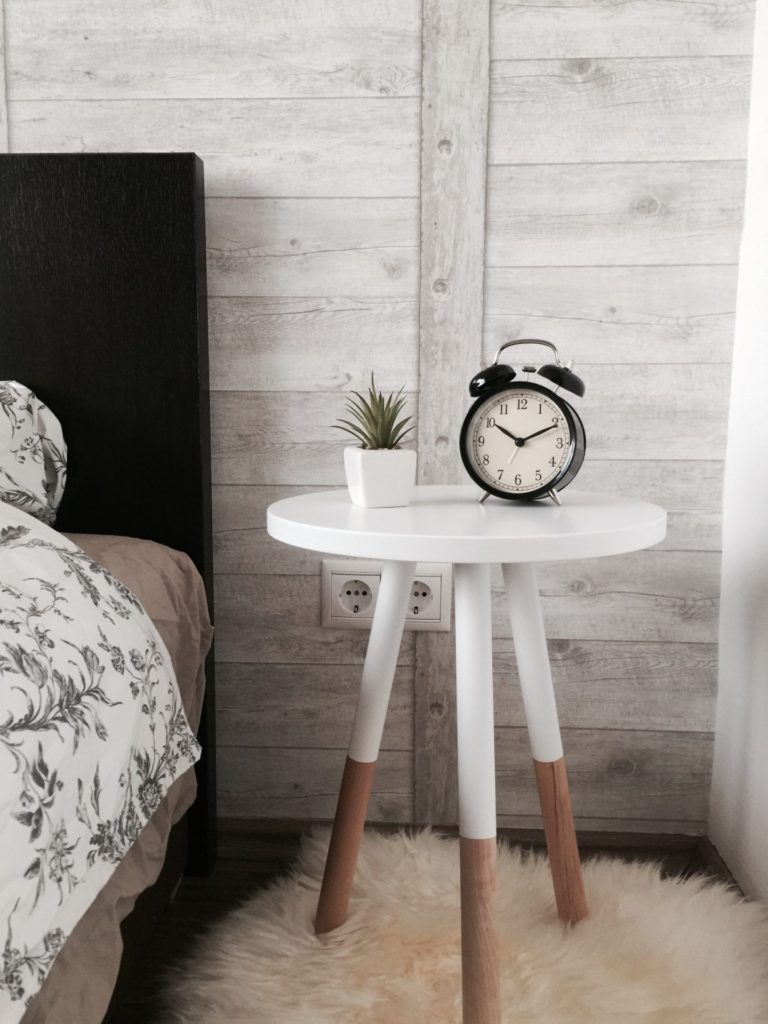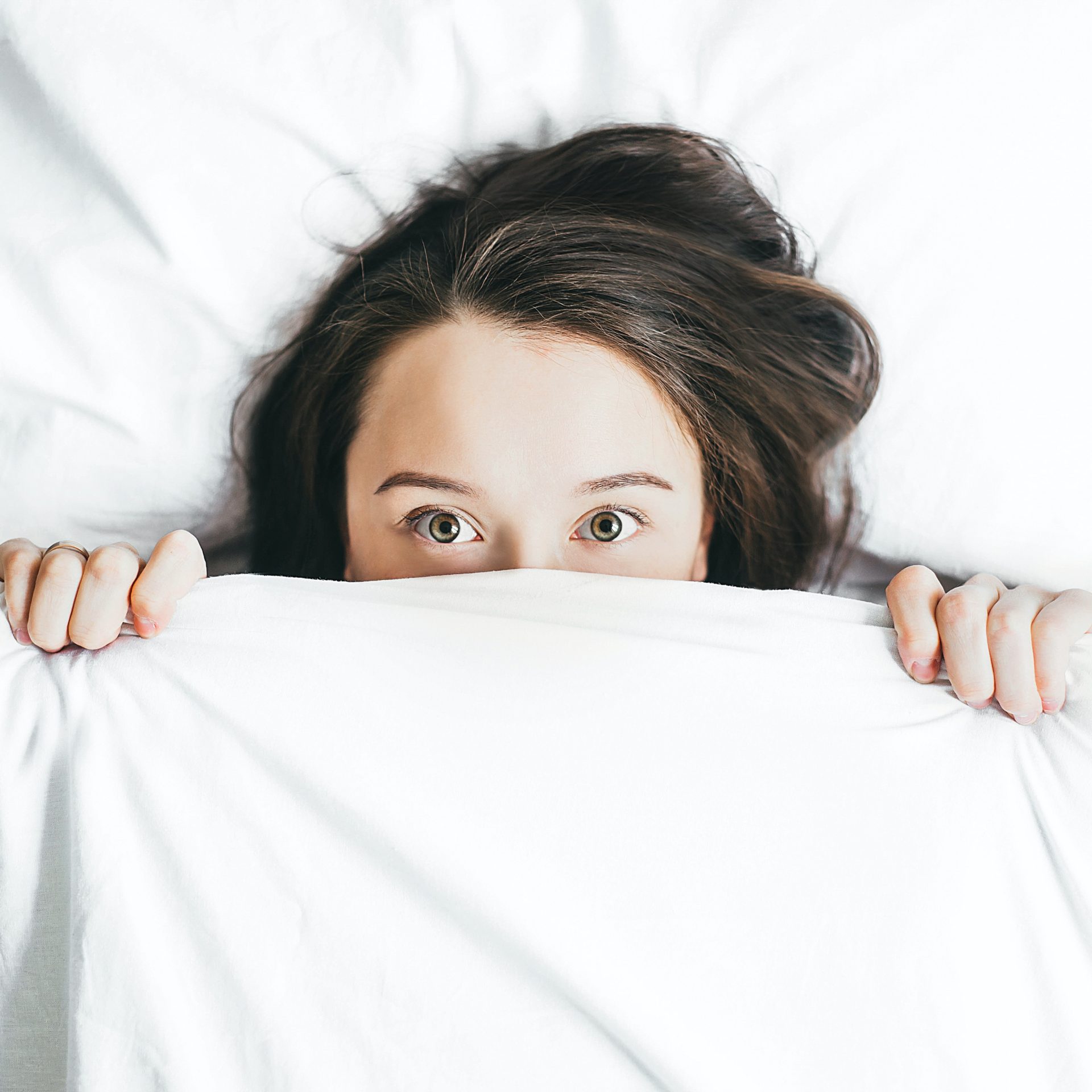“A good laugh and a long sleep are the two best cures for anything.”
-Irish Proverb
We can all agree that sleep is an important part of our lives. We’re cranky when we don’t get enough of it and feel foggy when we get too much. Some people try to fit it into their busy schedules, making sure that they get just enough to get by. And we all know at least one person who can, quite easily, sleep until noon. One fact is true: We all need sleep. Even the most extreme insomniac has to sleep at some point. In fact, we spend a third of our time sleeping.
But what exactly is sleep? And why is it so important for the human body?
What is Sleep?

According to this article from the National Institute of Neurological Disorders and Stroke, sleep “is as essential to survival as food and water. Without sleep you can’t form or maintain the pathways in your brain that let you learn and create new memories, and it’s harder to concentrate and respond quickly.“
Sleep is not a luxury. It is an absolute essential and studies have inextricably linked sleep (either too much or too little of it) with a number of medical conditions.
How much sleep do we need?
Babies require 16 to 18 hours of sleep within a 24-hour cycle. School-aged children require 9 or more hours of sleep per day. Adults need 7 to 9 hours each night, while the elderly (60+ years) have a tendency to sleep for less hours, sleep lighter and wake more often. Sometimes this interruption of sleep could also be as a result of medications they may be taking.
What happens when we don’t get enough sleep?

Besides being irritable and needing more cups of coffee to get through the day, a chronic lack of sufficient sleep can be detrimental to your health, both physical and mental.
To clarify, one does not only require enough hours of sleep, but enough hours of quality sleep. How many times have you woken up after “enough” hours in bed but still felt exhausted? There could be a multitude of reasons for the root cause of this. Your mind could be racing thinking of personal or work issues; perhaps you had a long nap during the day or had a late dinner. Whatever the reason, chances are good that you did not reach REM sleep, hence your persistent tiredness.
Some issues which could are arise are:
Obesity
Obesity is measured by weight in relation to height. On the BMI (body mass index) scale, people with a BMI of above 30 are considered to be obese. Studies have indicated that reduced sleeping hours could impact on the hormonal regulation of appetite and, as a result, lead to increased obesity. Obesity, in return, could itself lead to a number of health issues, such as a higher mortality rate, high blood pressure, heart disease, osteoarthritis – to name only a few.
Diabetes
When your body is unable to move the glucose (sugar) from your bloodstream into the necessary cells, by using the body’s own insulin, it is called diabetes. Studies have found that reduced duration and quality of sleep “…may adversely affect glucose regulation and increase the risk of type 2 diabetes mellitus.”
Common cold
With reduced sleep comes a decrease in the ability for your immune system to fight off illnesses like the common cold. The findings of this study indicate that “poorer sleep efficiency and shorter sleep duration in the weeks preceding exposure to a rhinovirus were associated with lower resistance to illness.”

Covid-19
Similarly, in this 2020 study conducted with healthcare workers, it has shown that reduced sleep and poor quality sleep increases the risk factors for Covid-19 and burnout.
How to improve your sleep patterns
Create a sleep schedule

Just like we create sleep routines for babies, adults should be no different. We all know our own bodies. Take note of when you feel the most optimal and link that to how many hours of good sleep you had the previous night. If you function at your best after seven hours of sleep, then try to set your sleep schedule to allow for that many hours each night.
Set your wake-up alarm for 6am, for example, and your bedtime alarm (yes, your bedtime alarm) for 11pm. In this way you will ensure sufficient sleep, plus you’ll have your productive hours clearly outlines, which will make for a more constructive day.
Some phones have built-in sleep features to help you manage your sleep more efficiently.
Establish a restful sleep environment
Try, as far as possible, to use your bedroom for sleep only. Avoid watching television and phone screens while in bed as this negatively impacts on your ability to have a good nights’ rest. Research has shown that screens should be avoided for 2 to 3 hours before sleep. I know this is a particularly difficult one to implement. Why not keep a book on your bedside table and try to read a few pages each night before sleep.
Limit your daytime naps
For those of us lucky enough to have a nap or two during the day, try to keep them short. It goes without saying that the more you sleep during the day, the less tired you’ll be at night. If you’re tossing and turning, trying to fall asleep, you’ll inevitably reach for your phone, only worsening the problem.
Include physical activity

Why not trade an afternoon nap for a walk around the block? It is proven that physical activity during the day will not only help you to fall asleep faster at night, but will also improve your quality of sleep. A win-win situation all around.
Manage your stress
This could possibly be the main factor that needs to be managed in order to have a good sleep. When you are stressing or worrying about any issue, it impacts your ability to fall asleep as well as the quality of your sleep. By managing your mental stress, you’re not only improving your mental health but also your sleep patterns.

Again, sleep is not a luxury. It is not something we’ll fit in once we’ve done everything that needs to be done. We can identify with the student pulling an all-nighter before a big exam, or the healthcare worker who works for 24-hours straight. It is acknowledged that sometimes sleep does have to take a back seat. But try not to make it the norm. Get into a good sleeping pattern as soon as you can. It’s easier than you think and you’ll notice a world of change once you’re having good, regular sleep.





